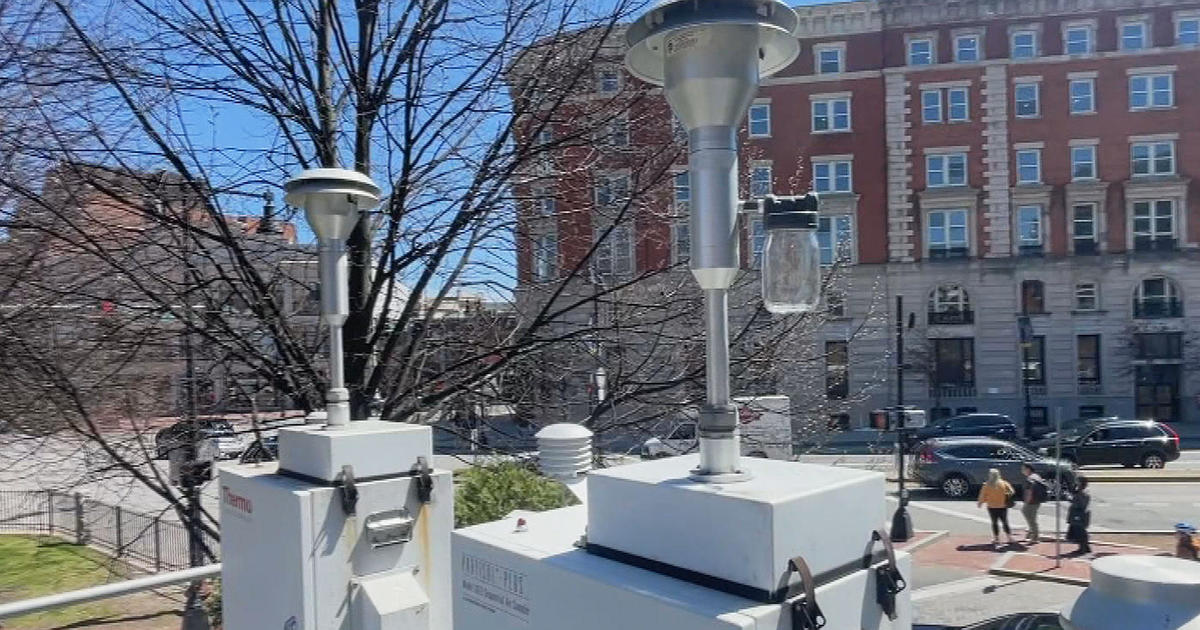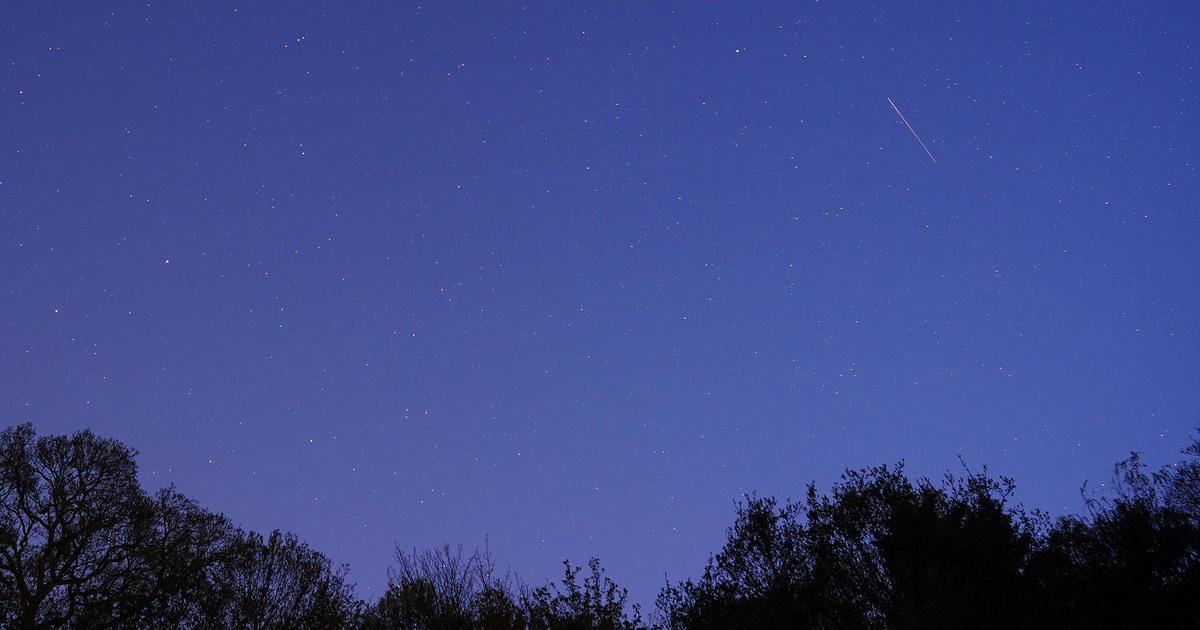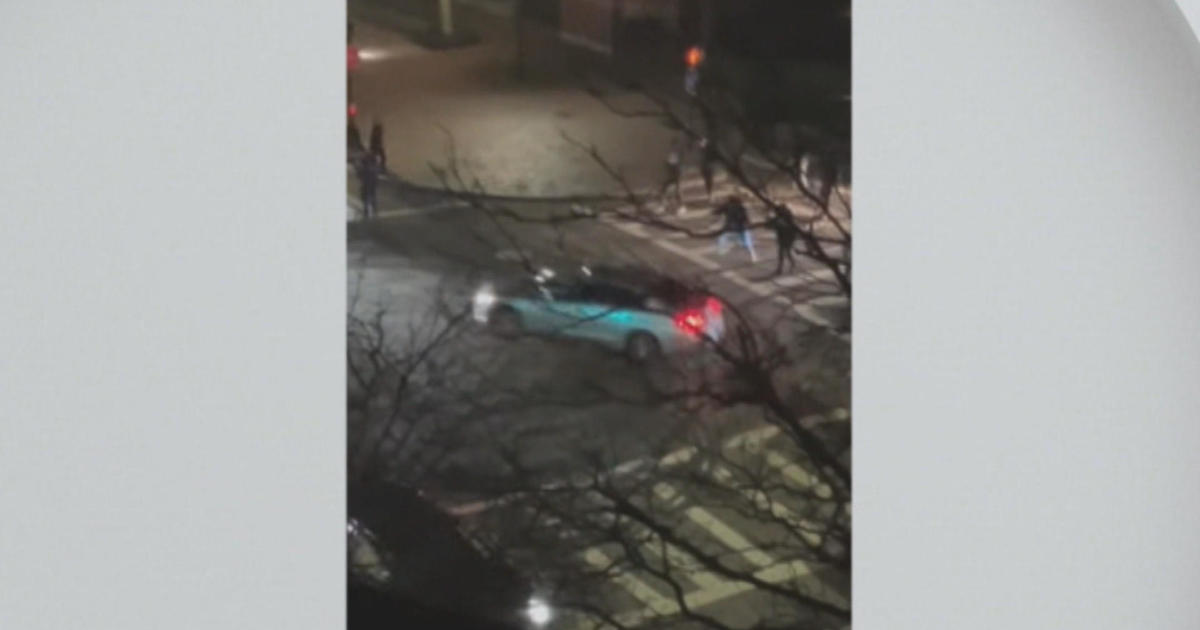How Cell Phones Changed The Game For Boston Marathon's Spotters Network
BOSTON (CBS) -- A lot has changed with the Boston Marathon over the years, but there's one evolution in technology that has helped those keeping the closest eye on the race.
For 34 years, the Spotters Network has served as the eyes and ears of the Boston Marathon for WBZ-TV's coverage. And thanks to cell phones, covering the race has become a tad bit easier for everyone involved.
"When we started this, we had to drop landlines at every mile of the course," explained Fred Tressler, who along with former race director Tim Kilduff established the Spotters Network back in 1985. "It involved a lot of work with the phone company and was really challenging because there are places where the utilities are underground. The day of the event the kids would have to go out with a step ladder, the lines would be coiled up a pole or a tree some place, and they'd have to uncoil the line, plug in their phone to the jack and make sure it worked. At the end of the broadcast they would cut the line and wrap it back up."
If that sounds complicated, that's because it was. It wasn't always reliable, either, and it meant the spotters were locked into one location throughout the race. Cell phones have changed that.
"Cell phones give us the flexibility of our spotters being on either sides of the road or moving to a different vantage point, rather than being tethered to one spot," said Tressler.
But as cell phones have advanced, so too have the tricks that can help the race coverage. Accuracy is the most important thing for the spotters, a team made up of 104 local high school and college students this year. Of those 104, there will be 77 spotters in the field, stationed at each mile marker of the race. Armed with a stopwatch, binoculars, and their mobile devices, they're tasked with tracking the progress of runners and relaying accurate and timely information back to the WBZ control room to the other 27 spotters.
Chances are you'll see thousands of people break out their cell phone and shoot some videos as runners make their 26.2 mile trek from Hopkinton to Boston on Monday. But for the spotters, it helps them do their job.
"People will take slow-mo videos so you can watch it back and report the info correctly," explained Sam Cote, a junior at Hopkinton High who will be a spotter for his second Boston Marathon on Monday. "That has actually gotten me out of a few sticky situations."
But the spotters' role goes far beyond just numbers. They'll break down who is in the lead pack, whether a particular runner looks strong or if they're about to hit a wall, and any other important information the viewers should know but may not be able to spot themselves.
"[Their observations are] critical. It's a point-to-point race so it's hard to know what's going on in between, but there is a story evolving the entire time," said Lisa Plesko, who started as a spotter and is now in charge of communication between the Spotters Network and the broadcast team. "Having students on the course share what they're seeing, to give us splits, we know real-time what is happening and don't have to rely on technology that might not always work. ... Any minor detail can become a big story in the marathon."
While cell phones have made things easier for everyone, things still get hectic on race day. But that doesn't take away from the annual tradition for Tressler, who gets to work alongside his son, Freddie, back at the WBZ home base.
"We had a rule in our house that you couldn't work on the broadcast until you were 14, but I think he came in a little under that," said Tressler. "It's been fun the last 10-15 years traveling around the world with him and organizing running events and producing the best possible coverage of the Boston Marathon for WBZ."
"It's a neat experience because we get to see the race all the way through, live with no commercial breaks, and we're looking at what's going on inside the race," explains Freddie, who was actually born on a Marathon Monday. "I ask him what he's seeing inside the elite field, he asks me what I'm seeing and we compare notes on the inside-the-pack dynamics."
Each year, hundreds of people give their all to make WBZ's Marathon coverage the best there is, and the spotters in the field and inside the studio are an integral part of it all.



